Petrol, diesel prices stay unchanged despite OGRA recommendations
3 min readThe government has decided to not change the prices of petrol and diesel, which stand at Rs273 and Rs293 respectively, despite the Oil & Gas Regulatory Authority’s (Ogra) recommendations to hike the rates.
“The prices will remain the same until April 15,” Finance Minister Ishaq Dar said as he announced the new rates on national television on Friday.
Ogra had sent a proposal to the government for an increase in the rates of fuel, however, the finance ministry after a discussion with Prime Minister Shehbaz Sharif decided to keep it unchanged.
Rates were supposed to be increased at midnight.
Meanwhile, the government has decreased rates of superior kerosene oil and light diesel oil (LDO) by Rs10 each.
So, the price of kerosene oil fell from Rs190.29 to Rs180.29 and the LDO decreased from Rs184.68 to Rs174.68. New rates will stay the same until April-mid.
The decision comes more than a week after the petroleum minister announced a fuel subsidy for the low-income segment of the country. Under the scheme, the relief would be given to low-income consumers, who have motorcycles, rickshaws, 800 cc cars and other small vehicles.
Pakistan is drafting a fuel pricing scheme aimed at helping the poor, amid concerns from the International Monetary Fund that say they were not consulted before the decision.
Oil ticks up as US inflation cools, but set to end March lower
Oil prices nudged higher on Friday with US inflation data showing some signs of slowing price rises, but for the month, oil was on course for its weakest performance since November, Reuters reported.
Brent futures, which have risen nearly 6% this week, were up 26 cents, or 0.3% at $79.53 a barrel by 10:56 am EDT (1456 GMT). West Texas Intermediate crude (WTI) rose 37 cents, or 0.5% to $74.74, having gained about 8% so far this week.
If those levels hold, oil prices will record their second straight week of gains, but Brent and WTI were also set for losses of about 5% and 3%, respectively.
The benchmarks hit their lowest since 2021 on March 20 in the wake of large bank failures, and while they have recouped some of the losses since then, they remain well below the levels they were trading at the start of March.
“The prolonged economic scarring of the last month will likely slow the economy, if not cause a recession, and lower interest rate expectations are not enough to support oil prices in the short term,” said Craig Erlam, senior markets analyst at OANDA.
Providing support to prices on Friday, the US Personal Consumption Expenditure (PCE) index, which is the Federal Reserve’s preferred inflation gauge, rose 0.3% in February on a monthly basis, compared with a 0.6% rise in January and an expectation of a 0.4% rise in a Reuters poll.
Oil prices were also buoyed after producers shut in or reduced output at several oilfields in the semi-autonomous Kurdistan region of northern Iraq following a halt to the northern export pipeline.
With prices recovering from recent lows, the Organization of the Petroleum Exporting Countries and allies led by Russia are likely to stick to their existing output deal at a meeting on Monday, sources said.
OPEC pumped 28.90 million barrels per day (bpd) this month, a Reuters survey found, down 70,000 bpd from February. Output is down more than 700,000 bpd from September.
For the latest news, follow us on Twitter @Aaj_Urdu. We are also on Facebook, Instagram and YouTube.















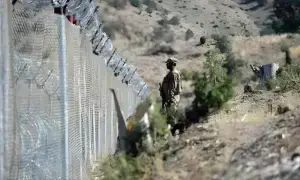


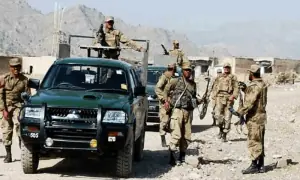
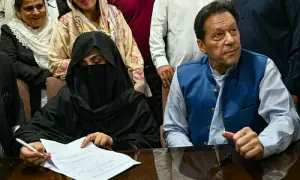

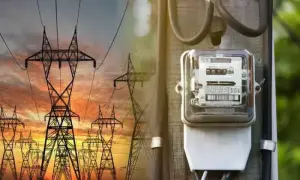

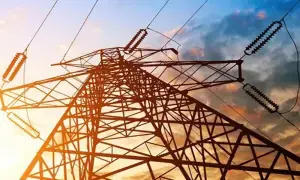



Comments are closed on this story.